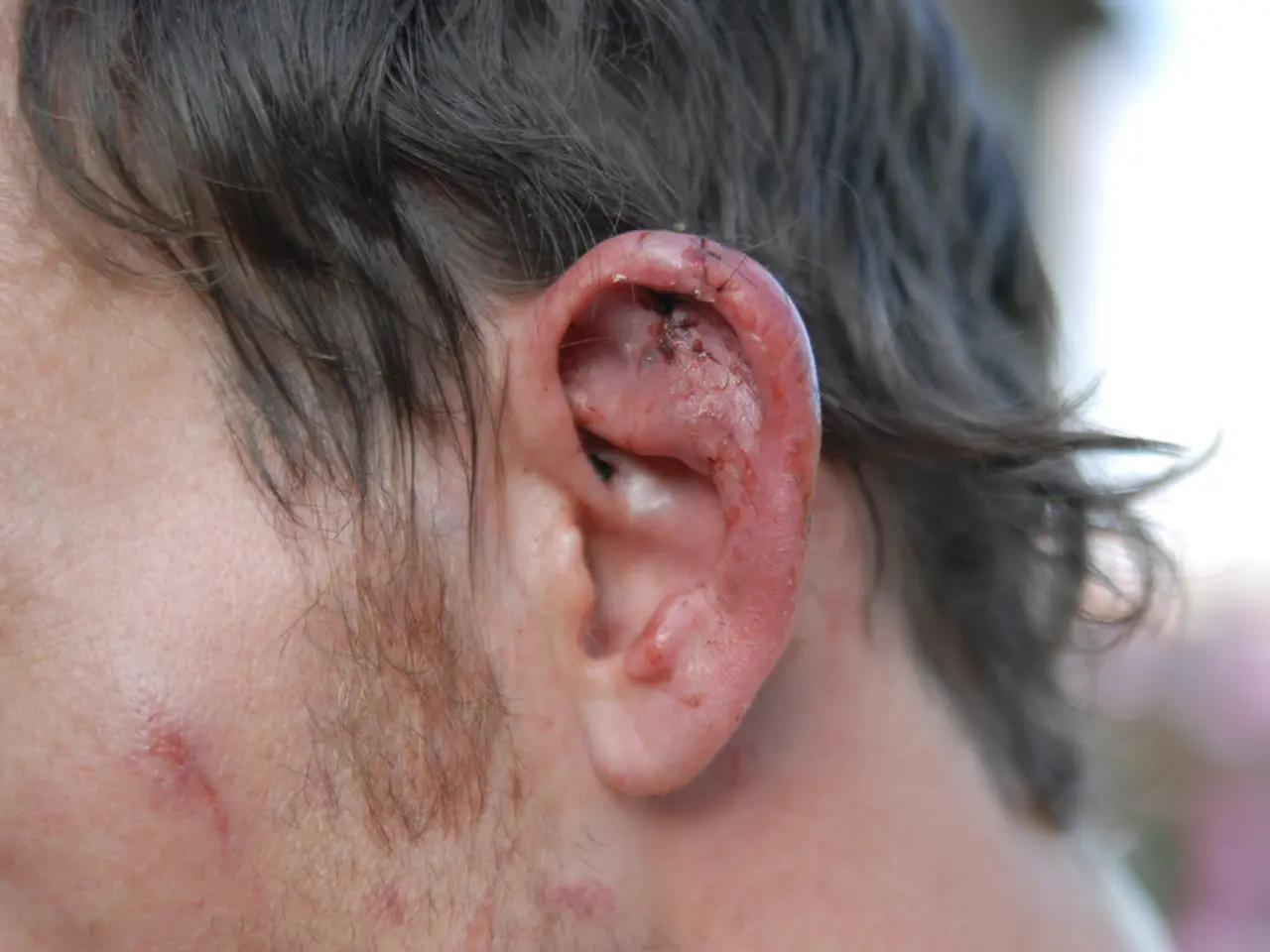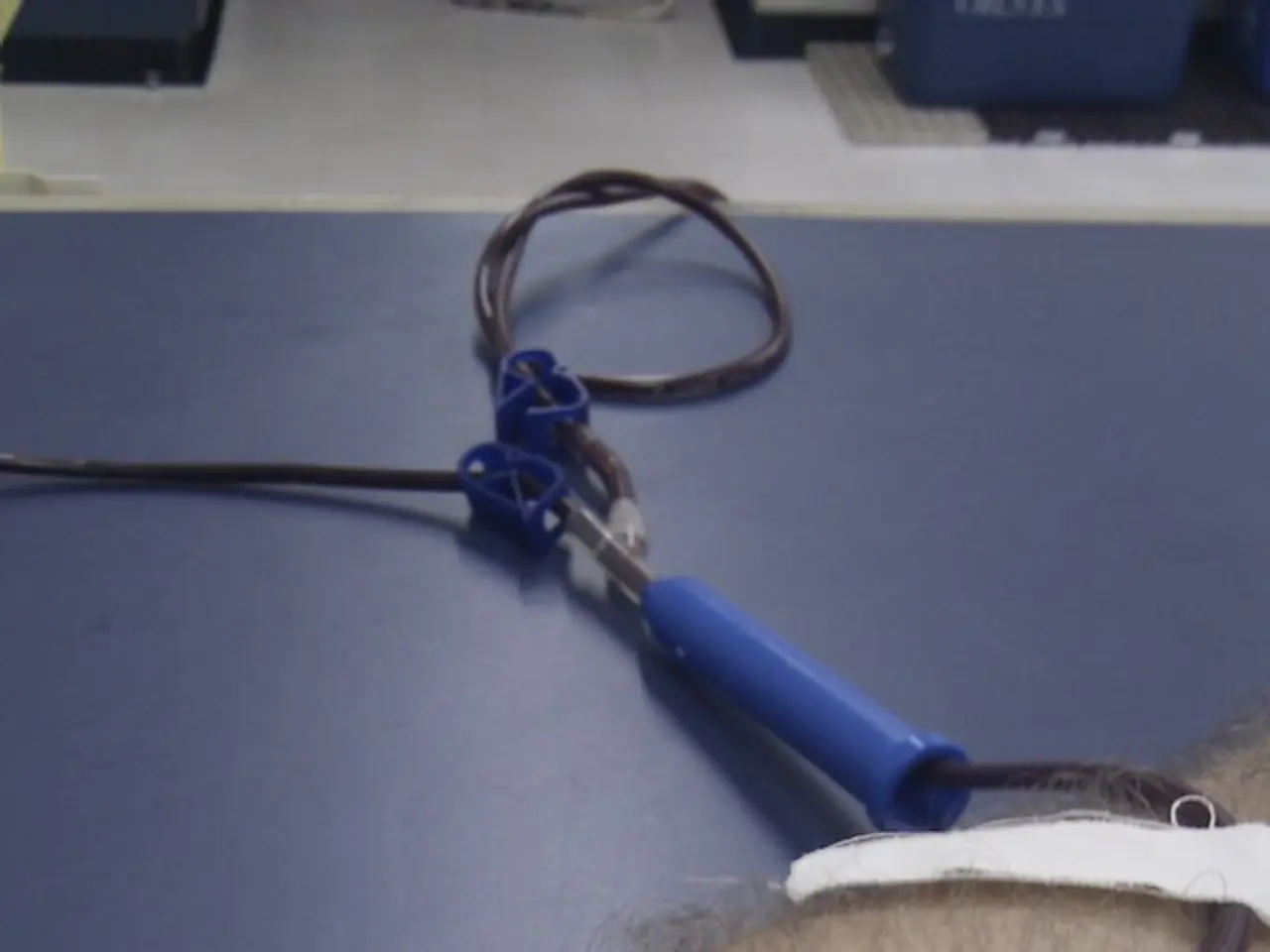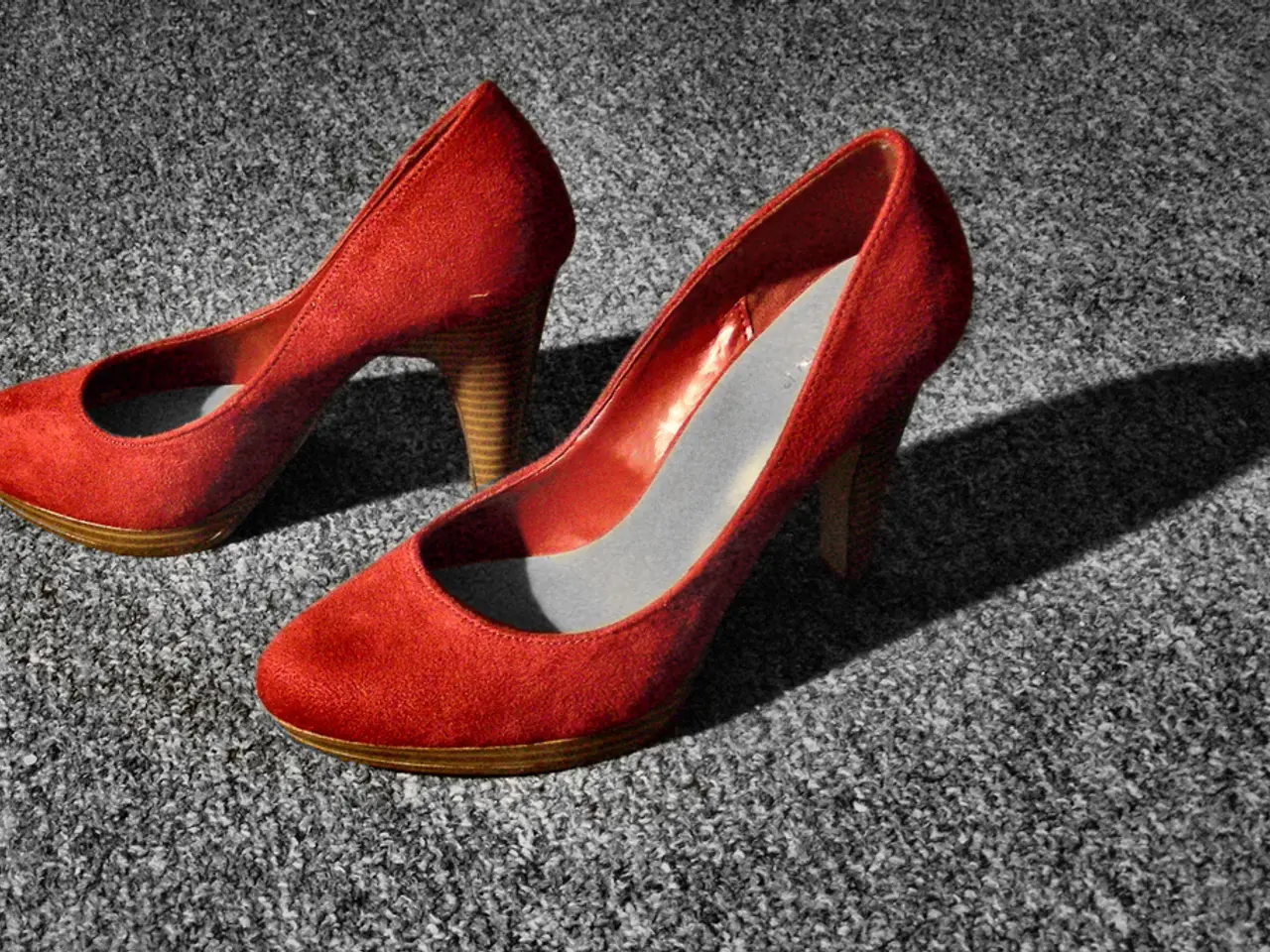Scalp Tingling: Reasons, Symptoms, and Remedies
From time to time, many individuals may experience temporary irritation on their scalp, such as a tingling sensation. However, if this persists beyond the usual discomfort, it could be due to various common causes and corresponding treatments.
One of the most common causes of scalp tingling is nerve-related issues. Diabetes, with its potential to cause nerve damage (diabetic neuropathy), is a significant factor. Vitamin deficiencies, particularly in B vitamins (B6 and B12), copper, calcium, or magnesium, can also lead to neurological symptoms, including tingling sensations. Neurological disorders such as Guillain-Barré syndrome, spinal cord problems, or infections like HIV or herpes could also be responsible for persistent paresthesia (tingling).
Migraines and headaches can also trigger altered blood flow and abnormal sensory responses on the scalp, causing tingling or tenderness as part of the migraine aura. Chronic stress or anxiety can provoke or exacerbate tingling sensations via inflammatory and neurological mechanisms linked to the brain’s stress response.
A sensitive scalp or skin conditions may react abnormally to external triggers, causing persistent tingling or itchiness. Post-chemotherapy scalp sensitivity is another potential cause, as chemotherapy drugs affect rapidly dividing cells including hair follicles and scalp tissue, leading to tenderness, burning, or tingling sensations.
To manage these conditions, it's crucial to identify and address underlying medical conditions. For instance, managing diabetes carefully can prevent neuropathy progression, while correcting vitamin deficiencies through supplementation, as advised by a healthcare provider, can alleviate tingling sensations. Treating any infections or neurological disorders with appropriate medical therapies is also essential.
Stress reduction techniques, such as meditation, cognitive-behavioral therapy, or relaxation exercises, can help reduce anxiety-induced tingling. Gentle scalp care, including using mild, hypoallergenic hair products, gentle scalp massage, and moisturizing, can soothe sensitive scalps. It's important to avoid harsh chemicals or treatments that may exacerbate symptoms.
For migraines, medications and lifestyle changes can reduce associated scalp tingling. Some home remedies, such as scalp massages, essential oils, or cool compresses, may also provide relief and improve scalp health. However, these should complement medical advice.
If tingling is persistent, worsening, or accompanied by other neurological symptoms (such as numbness, weakness, or pain), it is important to seek medical evaluation to identify the precise cause and receive targeted treatment. Conditions like fibromyalgia, a chronic pain syndrome, commonly involve paresthesia, while ASMR (Autonomous Sensory Meridian Response) is a sensory experience that stimulates a tingling sensation on the skin, starting from the scalp and moving down the back.
In conclusion, persistent scalp tingling sensations can have several common causes, ranging from nerve-related issues to skin conditions and migraines. By understanding these causes and adopting appropriate treatments and management strategies, individuals can effectively manage and alleviate these symptoms.
- Atopic dermatitis, a type of skin condition, can sometimes cause tingling sensations on the scalp, especially when it flares up.
- In the world of health and wellness, skin-care products labeled as hypoallergenic are recommended for individuals experiencing scalp tingling due to sensitivity.
- Psoriasis, a chronic inflammatory skin disease, can also manifest as persistent tingling sensations on the scalp.
- Alopecia, a medical condition that causes hair loss, may be associated with tingling and itchy scalp in some cases.
- Lice infestations, a common problem in haircare, can cause an itchy, tingling sensation on the scalp and should be treated with medical-grade shampoos.
- Advances in science have allowed us to better understand and manage various health-related conditions, including those causing scalp tingling and hairloss.
- It is crucial to consult with a healthcare professional if the tingling becomes persistent, worsening, or is accompanied by other symptoms such as numbness or pain, as conditions like fibromyalgia or ASMR (Autonomous Sensory Meridian Response) might be the underlying cause.




